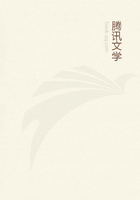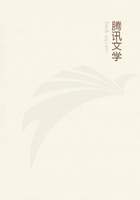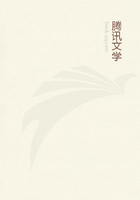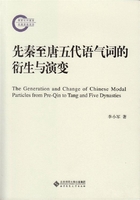He first visited the Brahmans, and listened to their doctrines, but found no satisfaction therein. The wisest among them could not teach him true peace, that profound inward rest, which was already called Nirvana. He was twenty-nine years old. Although disapproving of the Brahmanic austerities as an end, he practised them during six years, in order to subdue the senses. He then became satisfied that the path to perfection did not lie that way. He therefore resumed his former diet and a more comfortable mode of life, and so lost many disciples who had been attracted by his amazing austerity. Alone in his hermitage, he came at last to that solid conviction, that KNOWLEDGE never to be shaken, of the laws of things, which had seemed to him the only foundation of a truly free life. The spot where, after a week of constant meditation, he at last arrived at this beatific vision, became one of the most sacred places in India. He was seated under a tree, his face to the east, not having moved for a day and night, when he attained the triple science, which was to rescue mankind from its woes. Twelve hundred years after the death of the Buddha, a Chinese pilgrim was shown what then passed for the sacred tree.
Having attained this inward certainty of vision, he decided to teach the world his truth. He knew well what it would bring him, what opposition, insult, neglect, scorn. But he thought of three classes of men: those who were already on the way to the truth and did not need him; those who were fixed in error and whom he could not help; and the poor doubters, uncertain of their way. It was to help these last, the doubters, that the Buddha went forth to preach. On his way to the holy city of India, Benares, a serious difficulty arrested him at the Ganges, namely, his having no money to pay the boatman for his passage. At Benares he made his first converts, "turning the wheel of the law" for the first time. His discourses are contained in the sacred books of the Buddhists. He converted great numbers, his father among the rest, but met with fierce opposition from the Hindu Scribes and Pharisees, the leading Brahmans. So he lived and taught, and died at the age of eighty years.
The Buddhists reject entirely the authority of the Vedas, and the religious observances prescribed in them and kept by the Hindus.
They also reject the distinction of castes, and prohibit all bloody sacrifices, and allow animal food. Their priests are chosen from all classes; they are expected to procure their maintenance by perambulation and begging, and, among other things, it is their duty to endeavor to turn to some use things thrown aside as useless by others, and to discover the medicinal power of plants. But in Ceylon three orders of priests are recognized; those of the highest order are usually men of high birth and learning, and are supported at the principal temples, most of which have been richly endowed by the former monarchs of the country.
For several centuries after the appearance of Buddha, his sect seems to have been tolerated by the Brahmans, and Buddhism appears to have penetrated the peninsula of Hindustan in every direction, and to have been carried to Ceylon, and to the eastern peninsula. But afterwards it had to endure in India a long continued persecution, which ultimately had the effect of entirely abolishing it in the country where it had originated, but to scatter it widely over adjacent countries. Buddhism appears to have been introduced into China about the year 65 of our era. From China it was subsequently extended to Corea, Japan, and Java.
The charming poem called the Light of Asia, by Mr. Edwin Arnold, has lately called general attention to Buddhism. The following is an extract from it:

